On Friday morning, Hungarian Prime Minister Viktor Orban gave an interview to public radio, in which he also addressed the issue of migration. He expressed his dismay at European plans to establish migrant ghettos along Hungary's southern border.
Based on the information made public so far, the contours of how the EU's proposal would work are starting to become visible. Under the so-called responsibility pillar of the compromise model developed by the larger member states, the reception of asylum applications at the border would remain mandatory and the asylum procedure would have to be completed within 12 weeks. If no final decision is taken within this period, or if the deportation cannot be executed, the migrants will have to be allowed to enter the territory of the member state concerned.
For this, countries must develop sufficient capacities based on a suitable formula. This is what Hungary's prime minister has described as a migrant ghetto, which - in the case of Hungary - would mean the setting up of a camp suitable for the simultaneous admission of 8,511 migrants, and the maintenance of a permanent state apparatus to deal with such a high number of applications concurrently. Once this capacity is filled, the processing of asylum applications could be temporarily suspended, and once the country has reached four times the designated 8,511 number, the processing of asylum requests could be completely stopped in a given year.
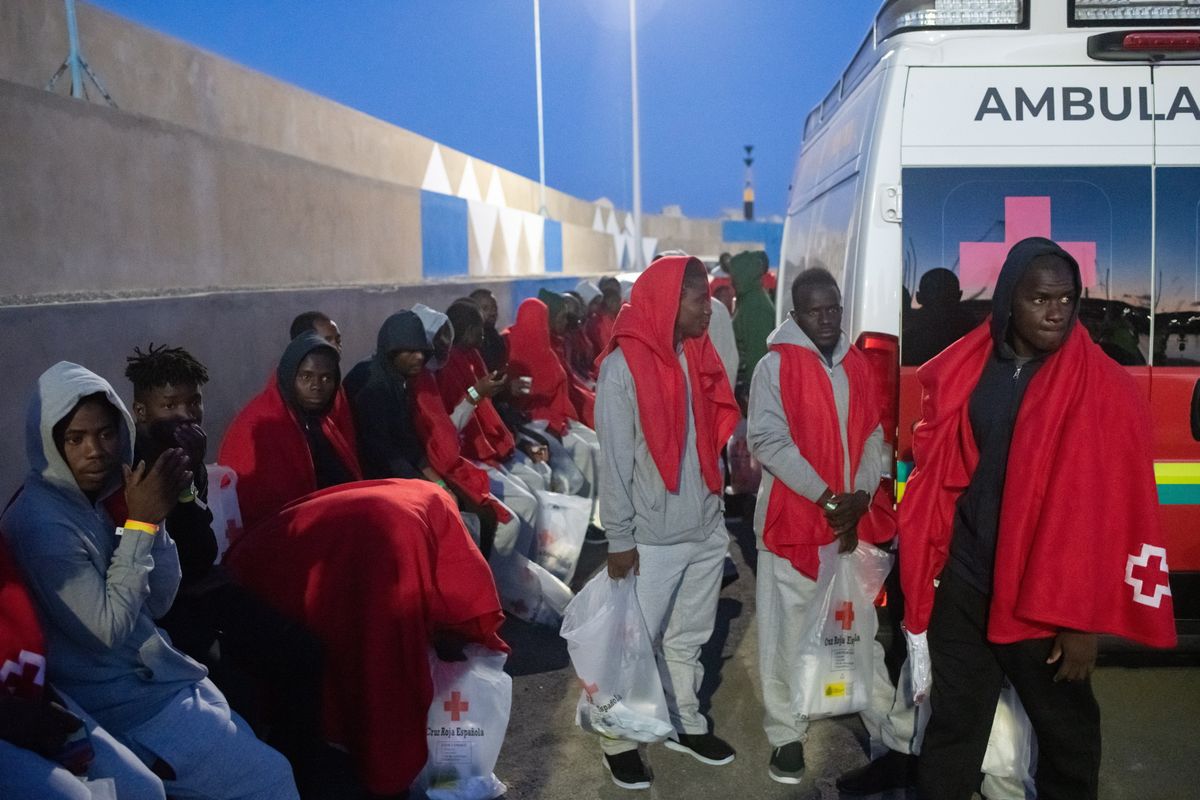
One of the most controversial aspects of the plans is that the extent of prescribed "capacity" - to use the popular jargon of Brussels bureaucrats - would be far higher for Hungary than for all other member states, as Hungary would be responsible for 28.3% of the EU's total capacity. Meanwhile, Greece, which is at the front line of the Western Balkan migration route to Hungary, would only have to maintain a capacity headcount of 1,035, while Bulgaria would be in charge of 516 people as a result of the low number of reported illegal border crossings.
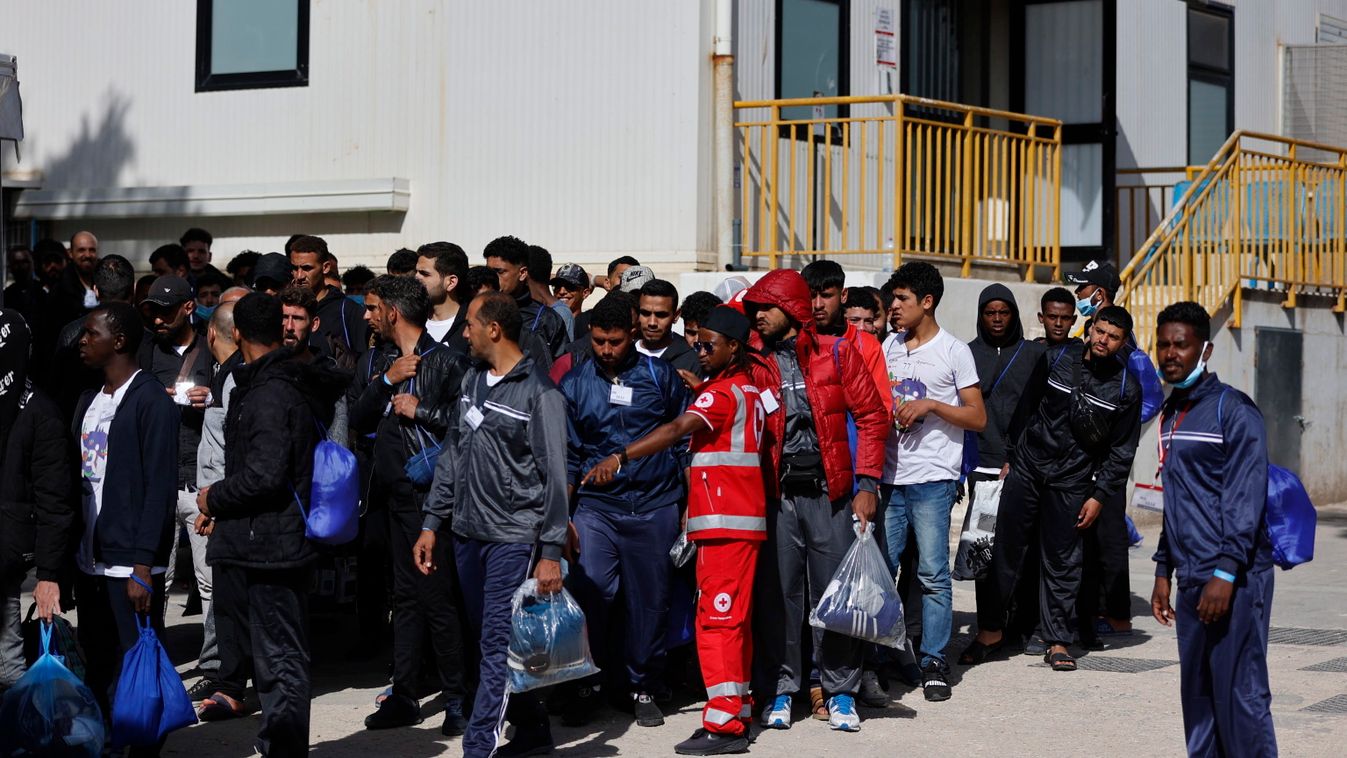
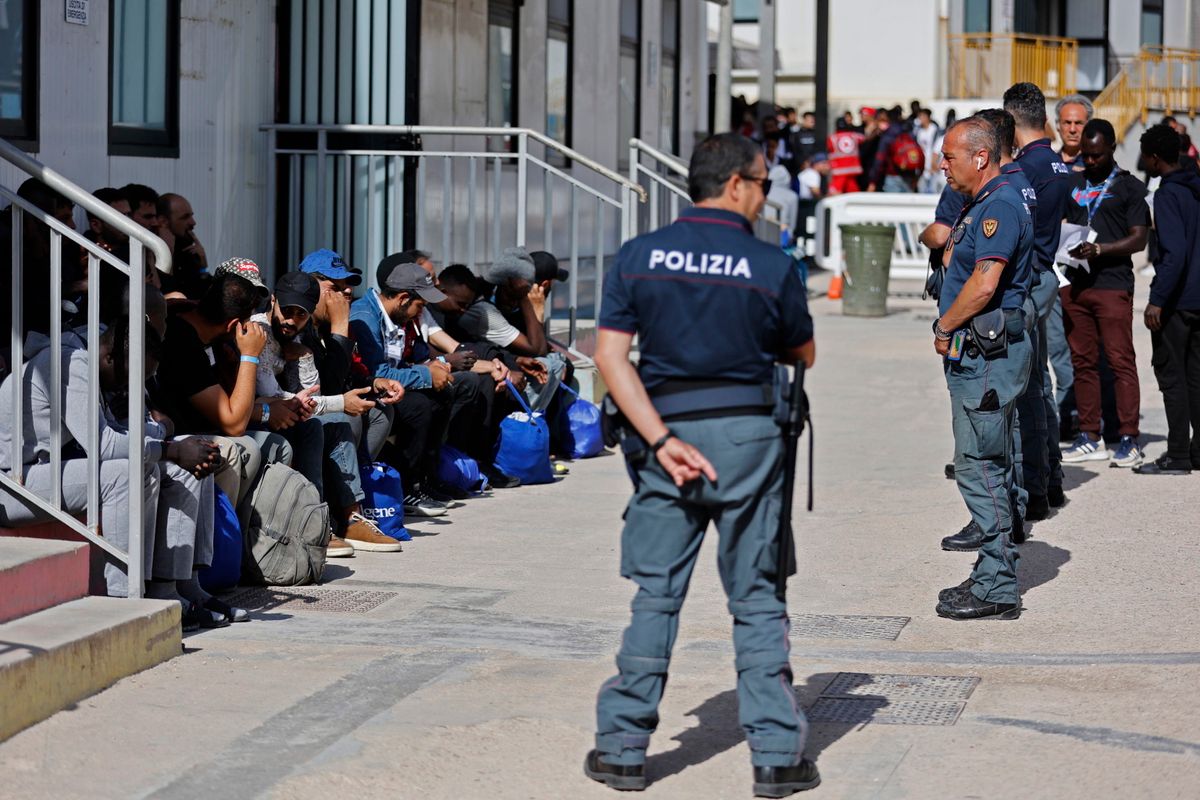
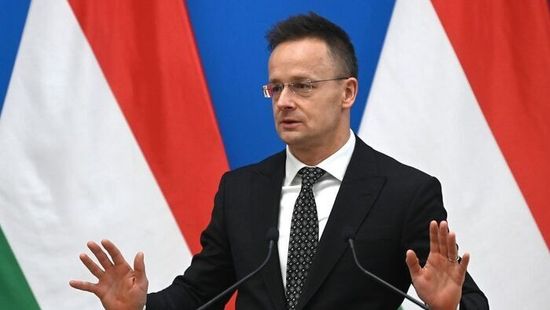
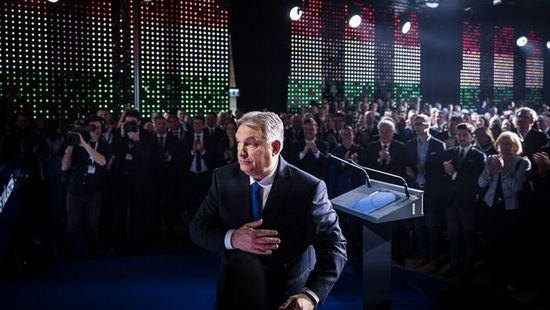
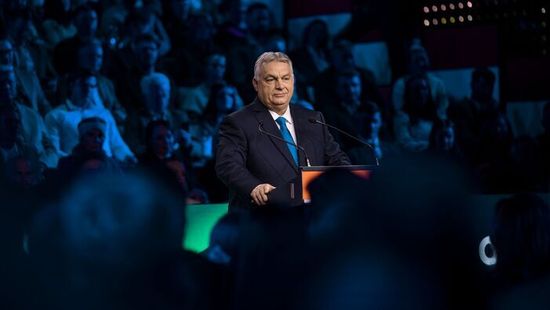



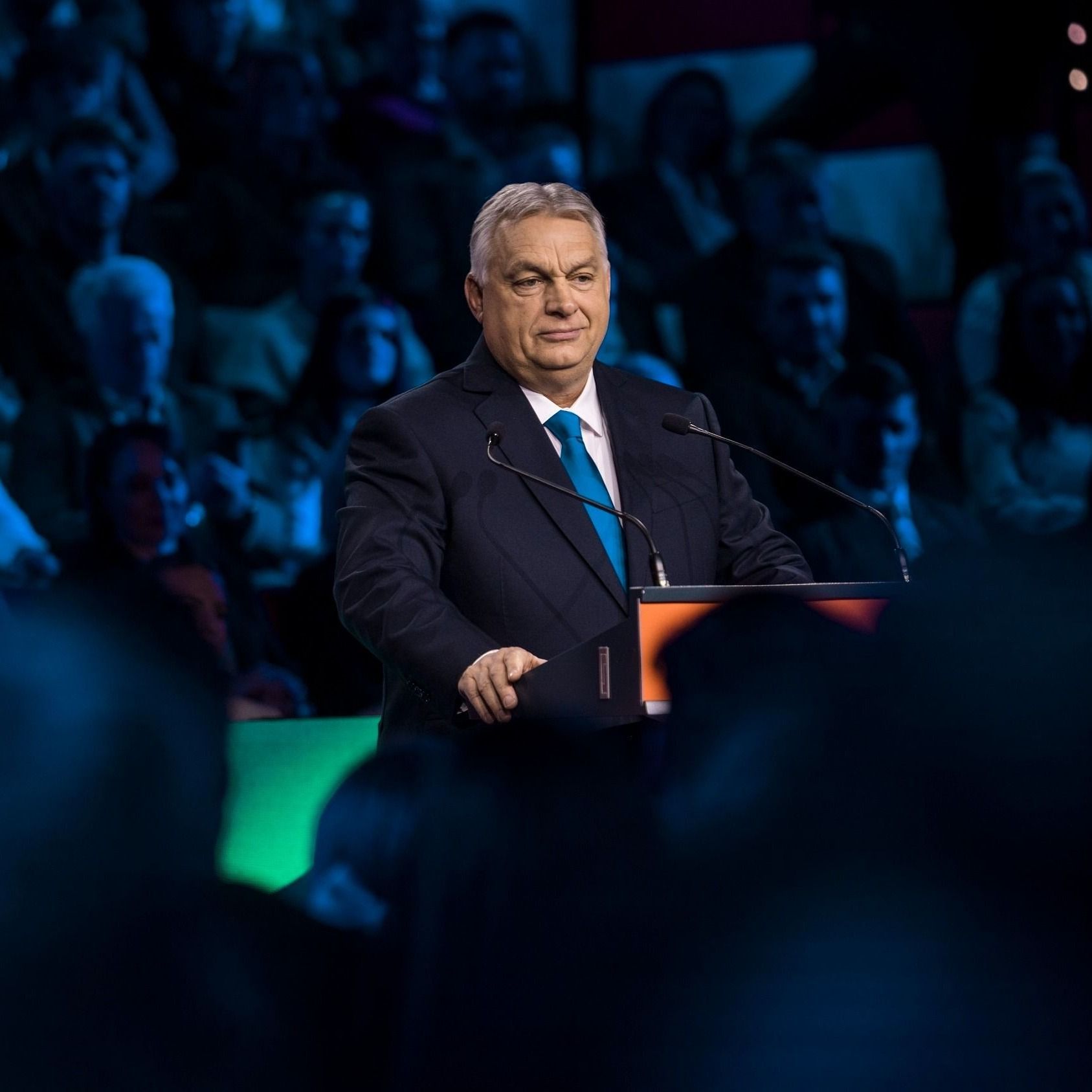
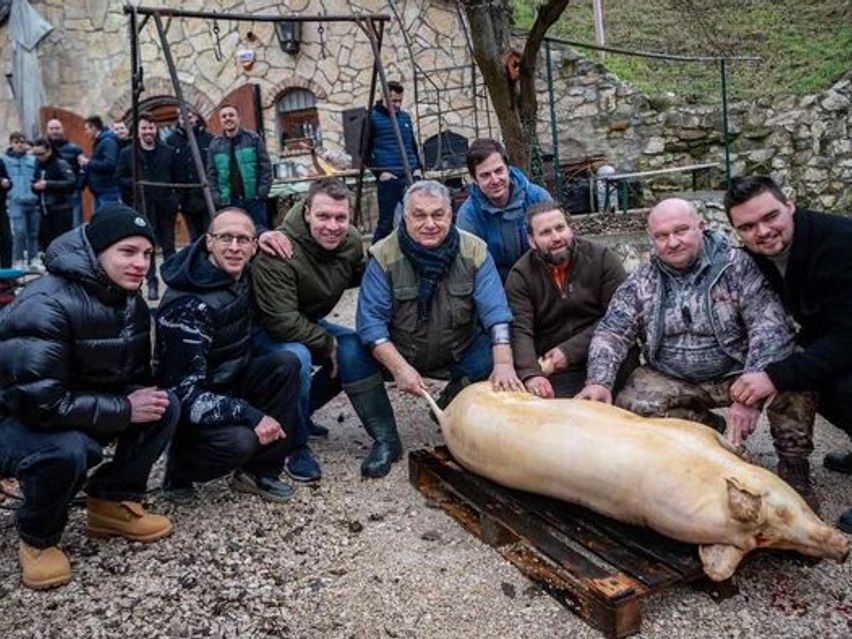
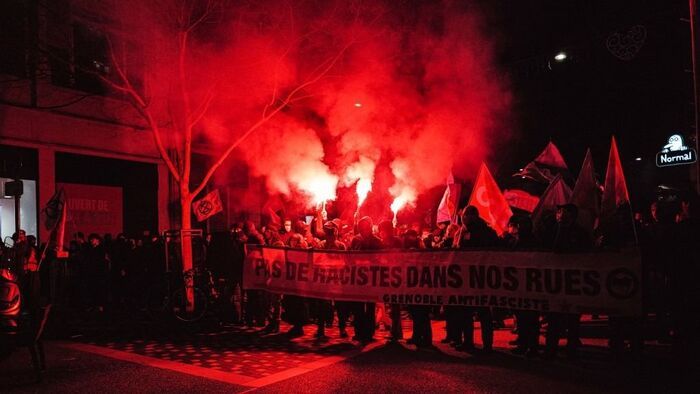


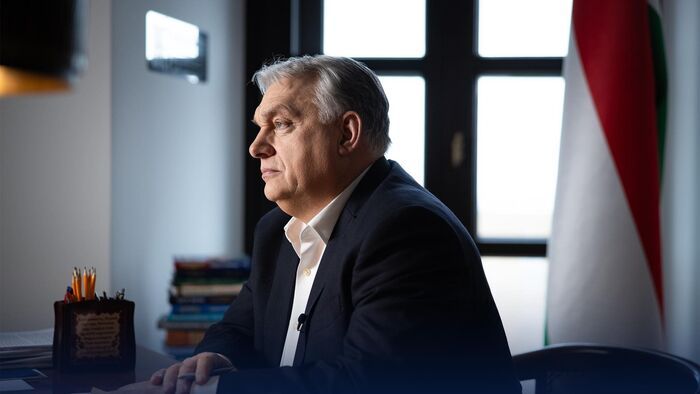

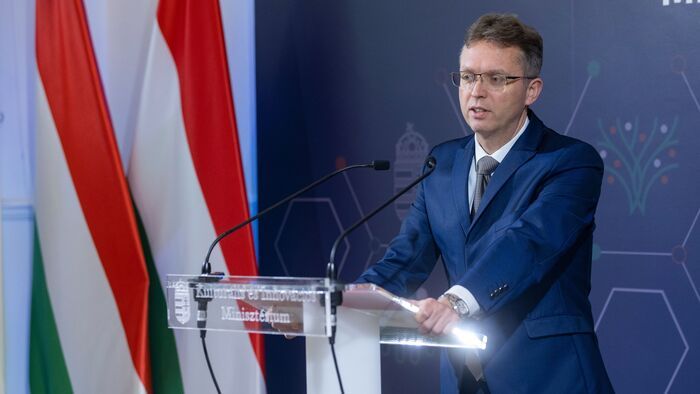
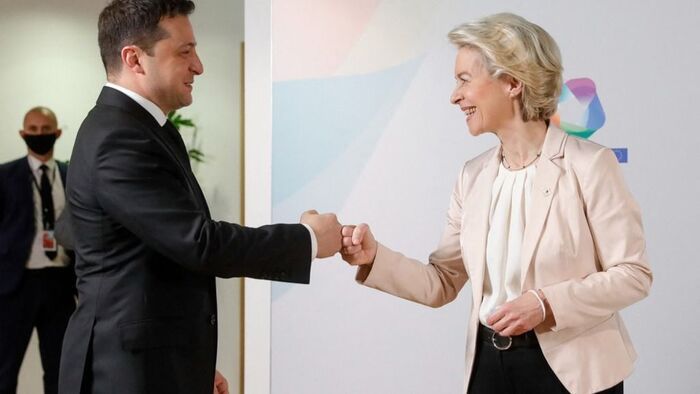
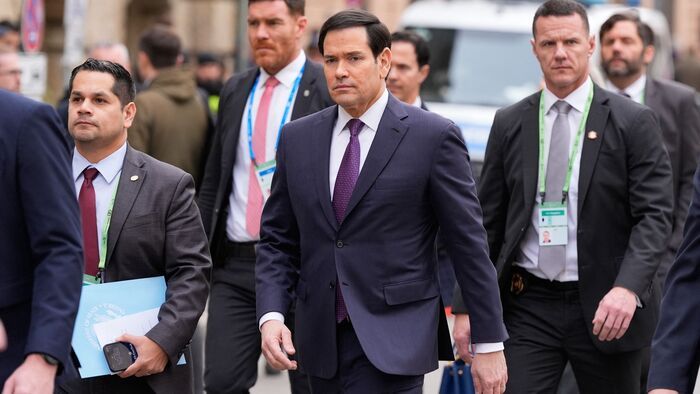
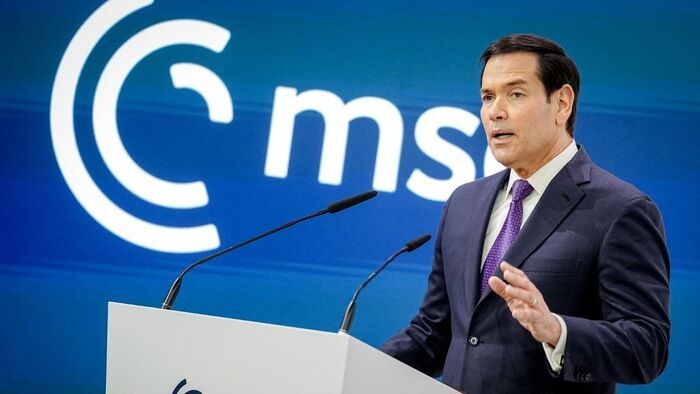

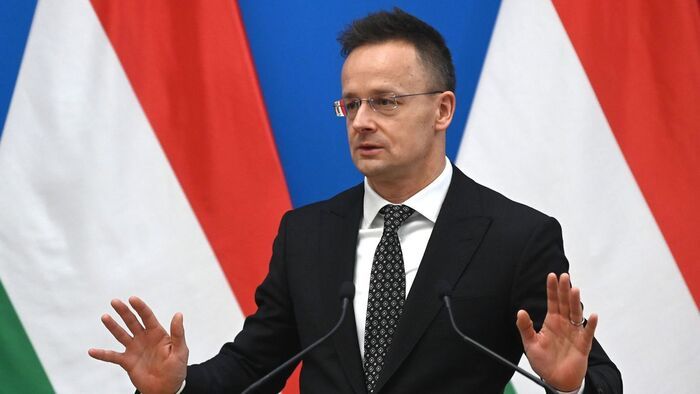



Szóljon hozzá!
Jelenleg csak a hozzászólások egy kis részét látja. Hozzászóláshoz és a további kommentek megtekintéséhez lépjen be, vagy regisztráljon!